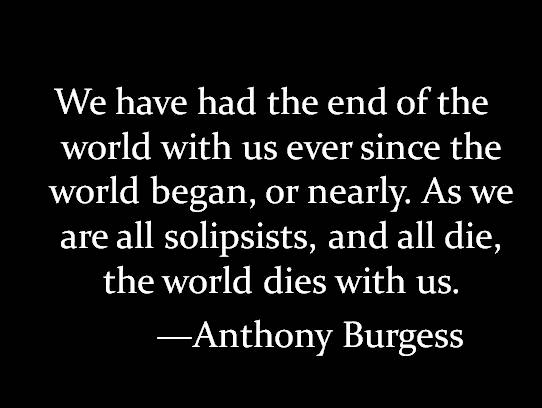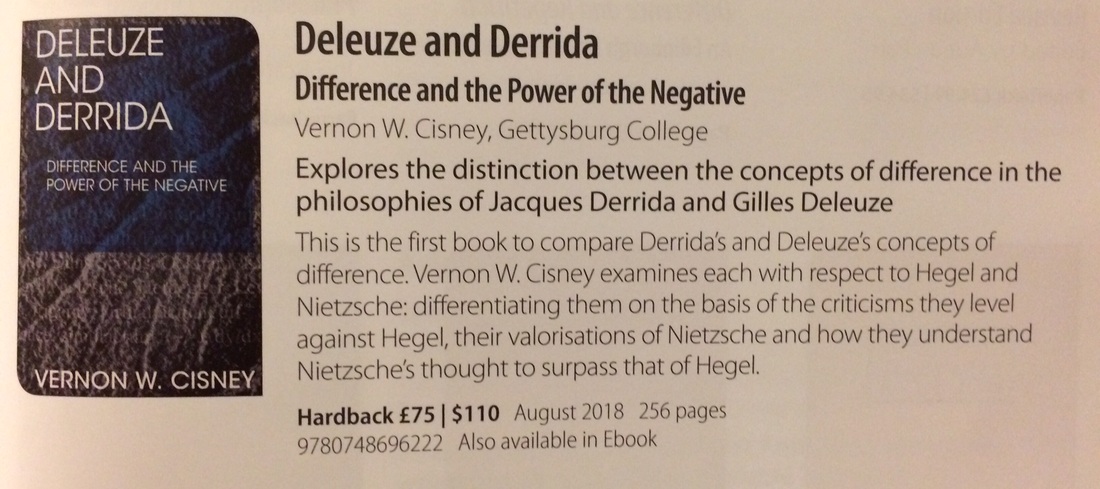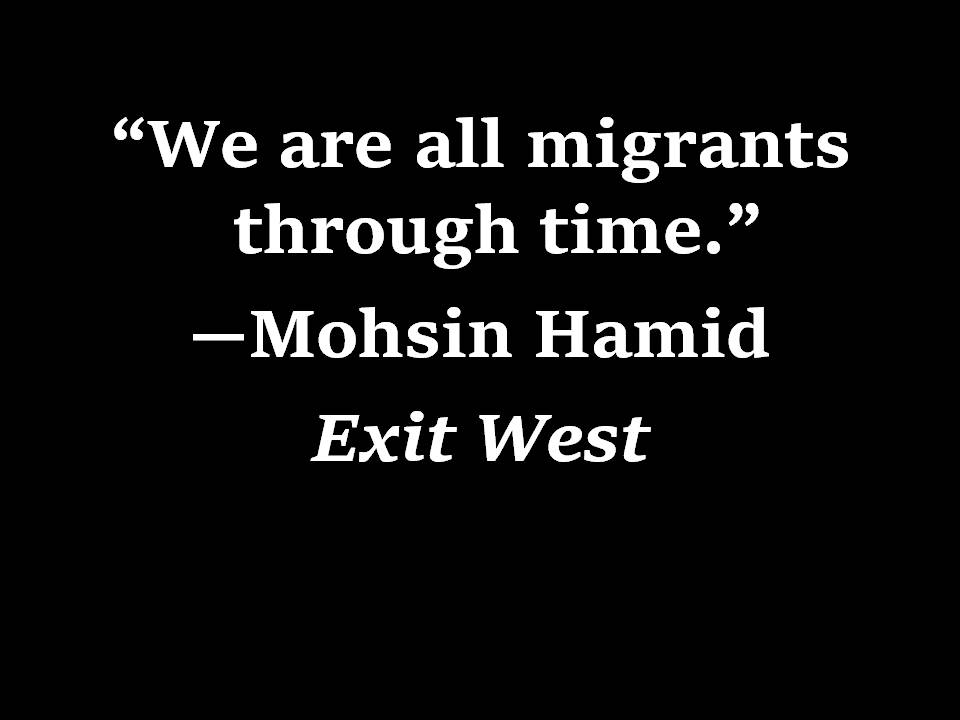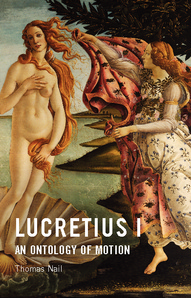Democracy is a political system, one that does not seem, on its face, to necessitate a particular economic system (contrary to what neoliberalism holds). If we assume a broad definition of democracy, as the rule of the people, (whether through elected representatives, direct deliberation, what have you), then at its core, democracy is intended to be a system where each individual has, a priori, the same degree of political power as every other individual in the system. Granted, this power is mitigated by a number of factors. For instance, we are governed by laws, so in any given situation, other officials (police, prosecutors, judges, juries, etc.) may exercise power over us. But ideally, these officials are appointed by the very same representational process in which each of us, with our apportioned share of power, participates. We are, in other words, held accountable by the system that we help put in place. (Again, we are dealing in ideals at this point). Other mitigating factors include that some of us are born or are conditioned to be smarter, more attractive, cleverer, etc., such that our power to persuade others may be greater than that power in others. But again, ideally, these natural (and unavoidable) disparities would be mitigated by the fact that these same strengths and aptitudes would (ideally) exist in individuals holding a wide variety of views, so that a multitude of opinions pertaining to governance would rise to the public strata of the debate sphere. Nonetheless, minor disparities in this arena are unavoidable. But, in spite of these disparities, the basis of democracy seems to be crystallized in the principle that no one individual, a priori, has any more political power than any other.
Capitalism is an economic system. Nevertheless, it implies a political agenda. For capitalism, qua capitalism, to function, it demands the non-interference on the part of the state. This is trumpeted by the market fundamentalists far and wide. However, this principle of non-interference does not go both ways. While capitalism demands the non-interference by the government in the functioning of the markets, given that economic functioning lies at the basis of our very existence, capitalism cannot not have an impact in the daily lives of the members of the polis. Economic power translates to our power to survive and to flourish, and hence, it cannot but affect the way we operate in our political lives. This brings me to three principles that seem to be endemic to capitalism, and that seem to amount to the antithesis of democracy.
First, as is implied by the preceding, in a capitalist system, money equals power. In immediate terms, it equals the power to survive, because it entails the power to purchase food, housing, clothing, transportation, etc., all of which are necessary to have the power to find gainful employment, thereby continuing the accumulation of housing, food, etc. Since our existence and our flourishing are dependent upon these things, which are dependent upon economics, it seems that our own behavior in the political sphere will be driven, at least to a large extent, by these factors as well. Hence, second, in a capitalist system, wealth translates to political power. In a sense, this is so obvious as to not require argumentation, as we see the principle at work every single day in the United States. Finally, it is also clear that, based upon a host of contingencies that have nothing to do with the natural aptitudes or industriousness of the agents, wealth befalls individuals at drastically different rates.
Since, in a capitalist system, wealth equals power, and since, through contingencies of birth that have nothing to do with natural aptitudes or industriousness, different individuals luck into drastically different degrees of wealth, it is thus the case that individuals under capitalism have, a priori, drastically different degrees of power. This is antithetical to the basic principle of democracy, that no one individual has, a priori, any more political power than any other.
Granted, it is at least not theoretically impossible that a system could blend political aspects of democracy with economic elements of capitalism. But the only way to successfully do this, (given their antithetical nature) is to limit certain principles of one or both of these systems. And given the tendency of wealth (and hence, power) to compound itself, the vast majority of the limitation must fall on the side of the market. Otherwise, we are left with only the ghost of democracy.




 RSS Feed
RSS Feed